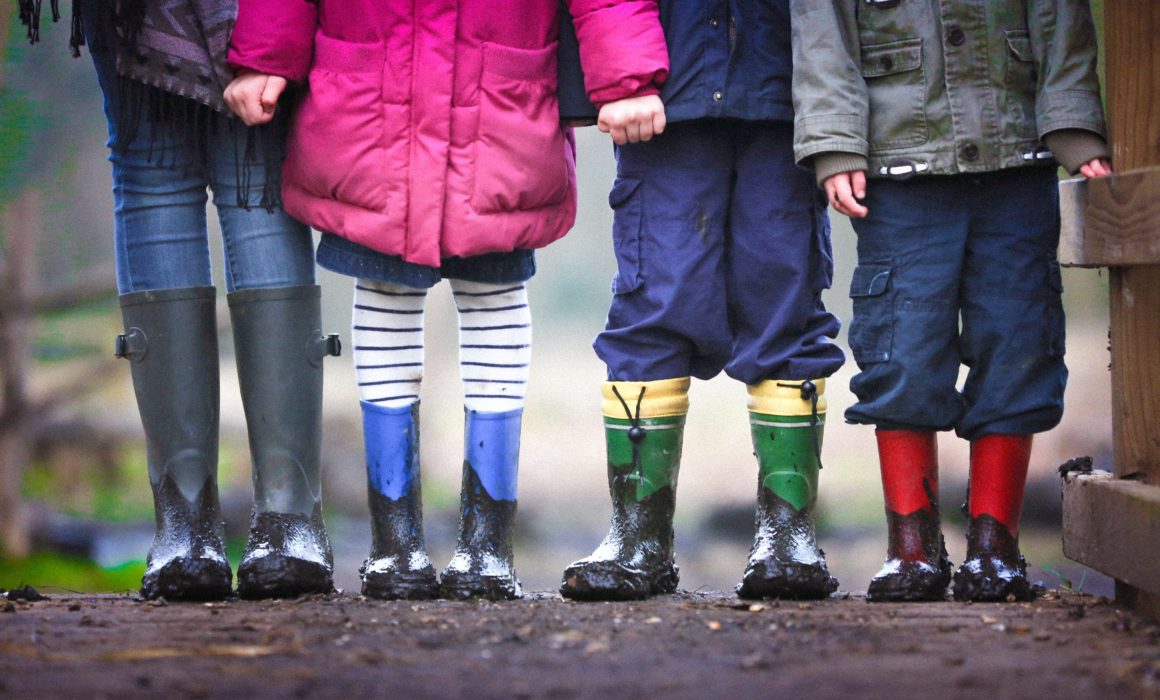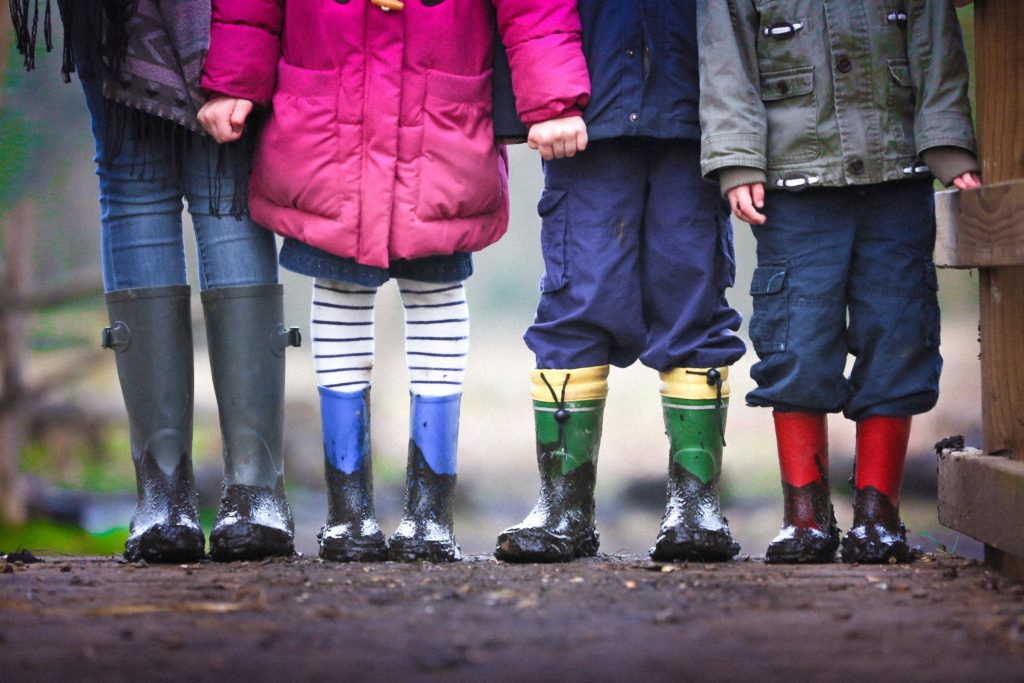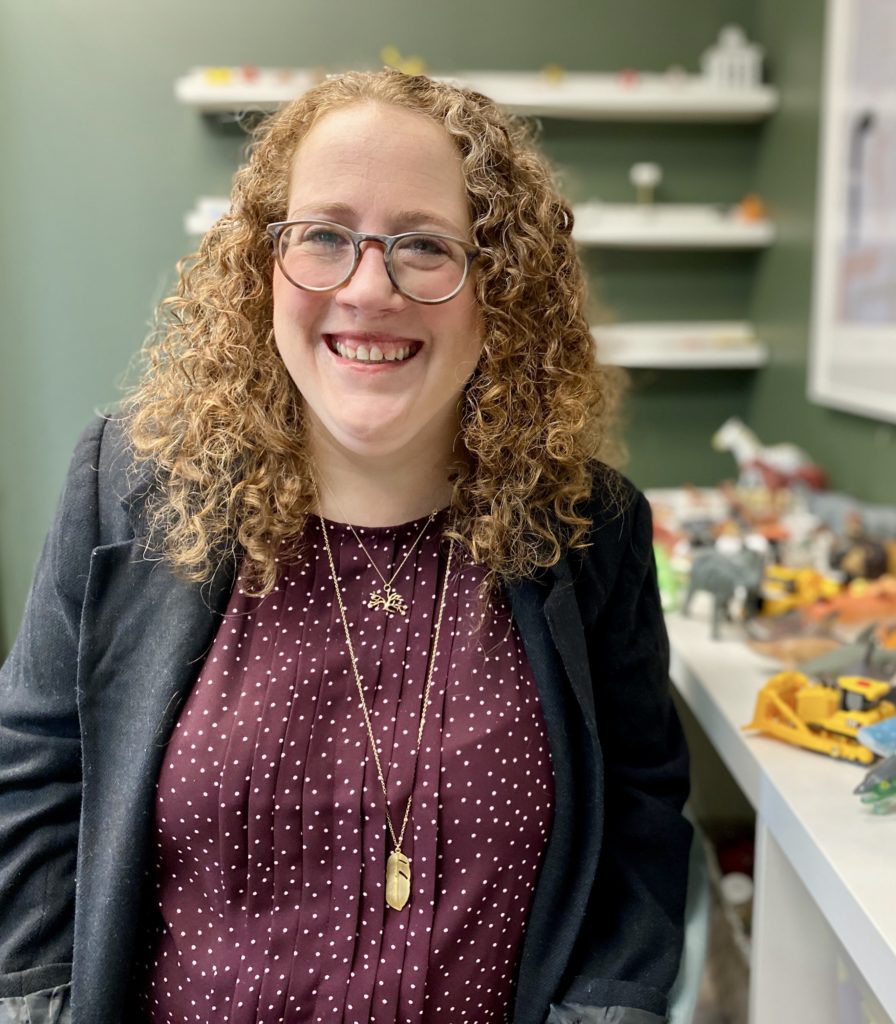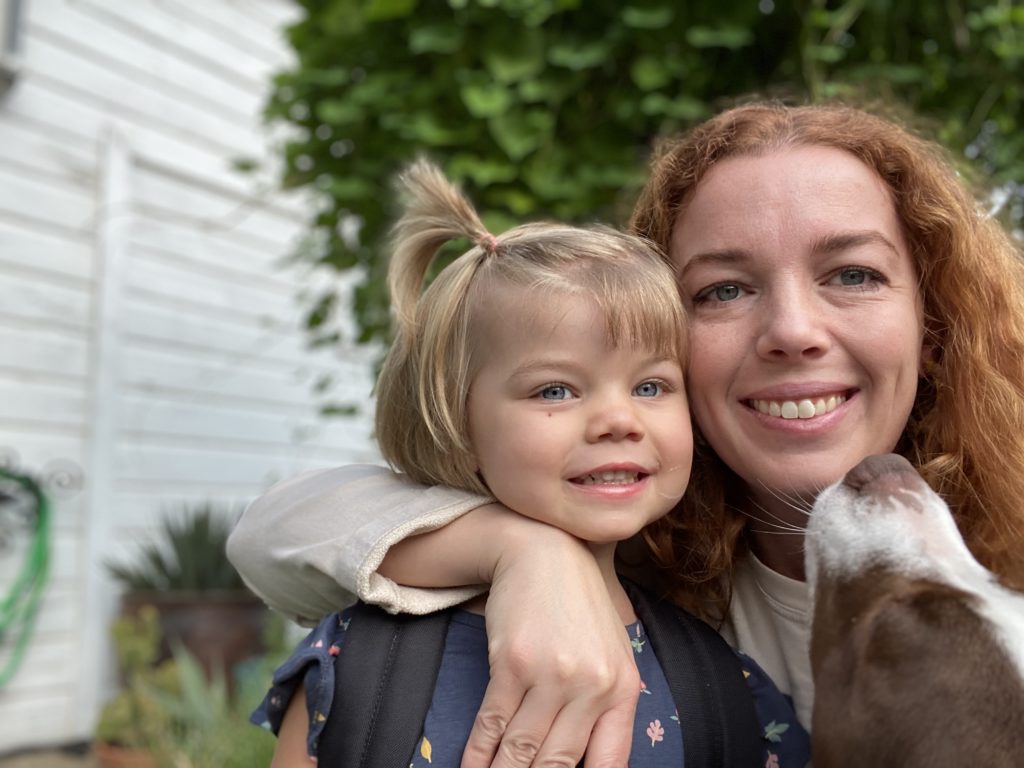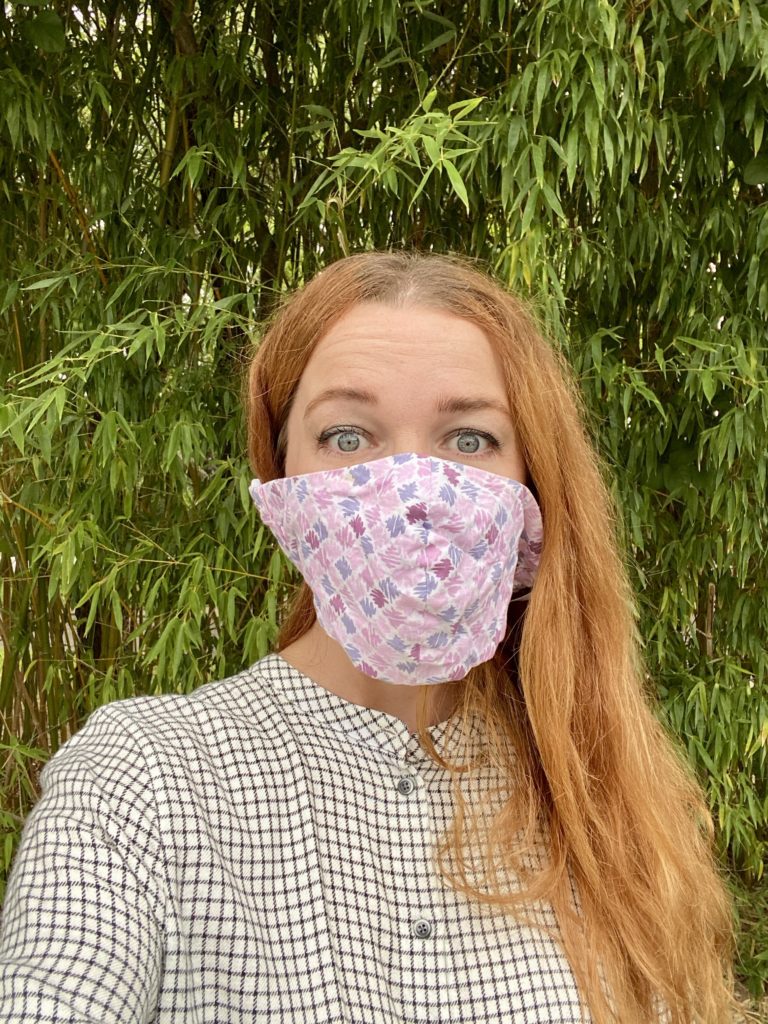Avoidance
After a traumatic experience, it may feel like triggers are everywhere. Sights, sounds, smells, places, or even thoughts that remind you of what happened can suddenly send you spiraling. If you get too heavily triggered, you may even flashback and feel as if the traumatic event is happening all over again.
No wonder avoiding triggers can become a habit. Nobody wants to be retraumatized. At least to some degree, avoidance can be necessary and helpful at times, but what happens when it becomes your main strategy for coping with triggers?
When we avoid things that cause us anxiety, we’re essentially teaching our brains that we can’t handle whatever it is we’re avoiding. Your brain learns the following:
Triggers = Anxiety
Avoidance = Instant Relief
Instead of draining triggers of their power to cause panic, avoidance heightens the association between triggers and danger, which increases anxiety and makes you want to avoid even more. And the more you avoid, the more limited your life becomes.
So how do you keep avoidance from taking over your life without getting overwhelmed and retraumatized by all the triggers? It takes a balance. By working with a therapist, you can begin learning new tools for managing triggers, that way avoidance is no longer the only means of relief.
For more information, contact summer@eastdallastherapy.com.






